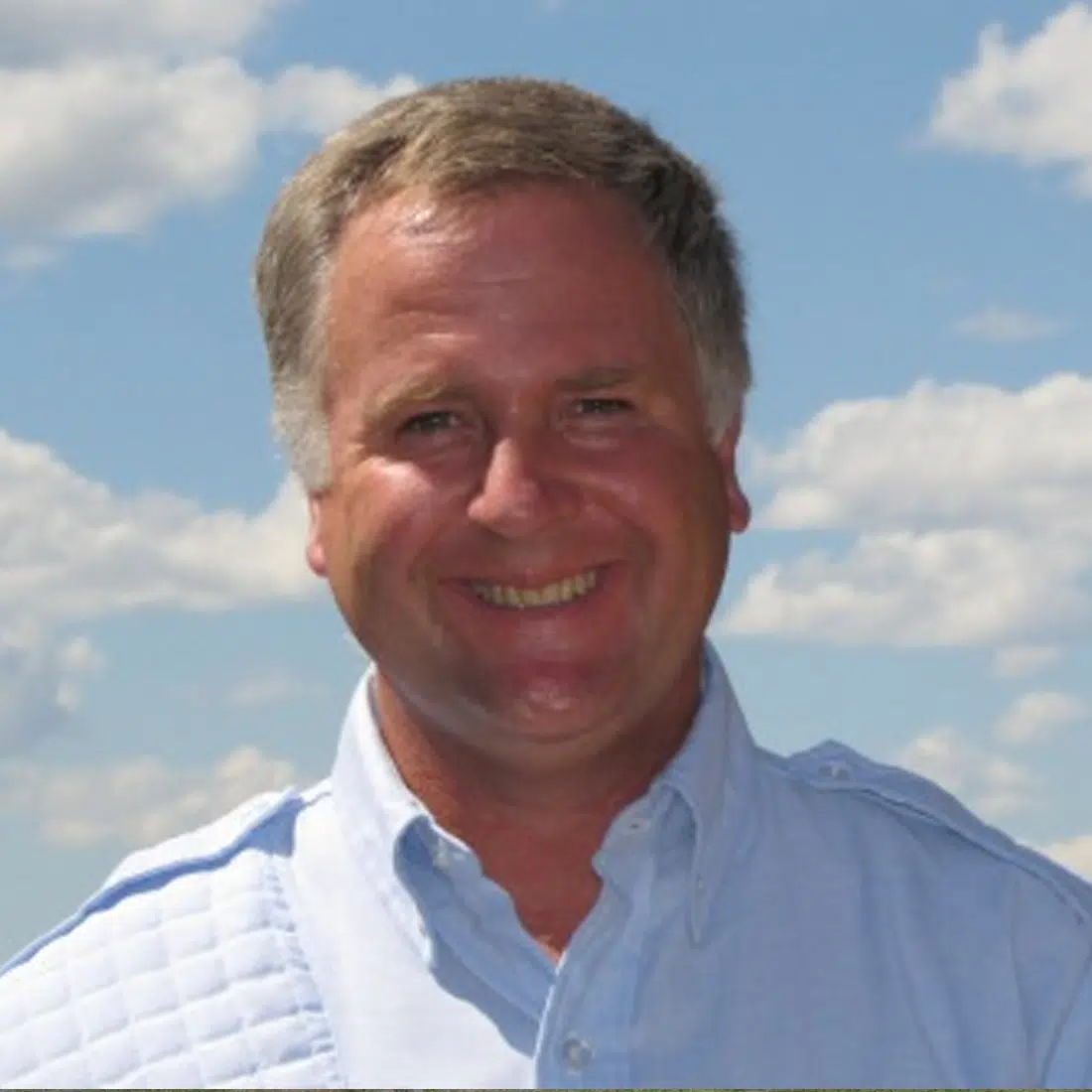(Reuters) – Here’s what you need to know about the coronavirus right now:
Australia’s New South Wales state sees cause for optimism
Australia’s most populous state on Tuesday reported its lowest one-day rise in new COVID-19 cases in nearly a week, fuelling optimism that contact tracing and social distancing were working to bring a new outbreak in Sydney under control.
The source of the outbreak, which ended a run of nearly two weeks with zero locally acquired infections nationally, is believed to have been a returning traveller from the United States.
Virus carriers have visited more than 100 venues around the city of more than 5 million people, including restaurants, cafes, gyms and post offices, heightening the risk of wider community transmission. So far, however, tests have shown the outbreak is contained to the northern beaches.
All Australian states have now moved to close their borders to NSW, with hundreds of police and military personnel deployed to ensure compliance. The outbreak has also seen the annual Sydney-to-Hobart yacht race cancelled for the first time in 76 years, while the cricket test between Australia and India scheduled to start at the Sydney Cricket Ground on Jan. 7 is under threat.
S.Korea orders ski resort, winter tourism shutdown
South Korea on Tuesday moved to shut down all ski resorts and winter tourist spots in a bid to stop the coronavirus from spreading as a third wave of the pandemic proves much tougher to contain in the densely populated region of the capital city.
Gatherings of more than four people will not be permitted, said Prime Minister Chung Sye-kyun, speaking during a televised briefing, while tighter anti-virus curbs will be imposed on restaurants to tamp down infections.
The national government has so far resisted calls to impose Phase 3 in the country’s anti-COVID-19 plans, the toughest of all categorized social distancing rules that would essentially lock down Asia’s fourth-largest economy.
Japan PM Suga shies away from calling state of emergency
Prime Minister Yoshihide Suga, too, reiterated there was no need for Japan to call a national state of emergency, even as healthcare authorities declared their own state of emergency for the medical system on Monday as coronavirus infection rates continue to rise.
While medical workers are growing increasingly alarmed over whether the system can withstand the rise in cases, those concerns appear to have taken a backseat politically, said Koji Wada, professor of public health at the International University of Health and Welfare in Tokyo.
“Medical groups are concerned about the medical workers and patients, whereas the government expert panel must take the entire population into account,” including restaurant workers and people who might lose their jobs, he said.
Singapore gets Asia’s first batch of Pfizer’s vaccine
Singapore received its first batch of Pfizer-BioNTech’s COVID-19 vaccine on Monday, according to its flag carrier, ahead of a rollout in the city-state. Singapore is the first Asian country to receive the Pfizer-BioNTech shots after it said last week that it had approved the companies’ vaccine.
Prime Minister Lee Hsien Loong, 68, has said he would be among the early recipients of the vaccine in the nation of 5.7 million people, which has one of the lowest coronavirus fatality rates globally.
The government plans to first administer the vaccine to healthcare workers and the elderly. Health ministry official Kenneth Mak had last week said the first jabs could be given “within the next two to three weeks” if safely delivered.
(Compiled by Karishma Singh; Editing by Himani Sarkar)







